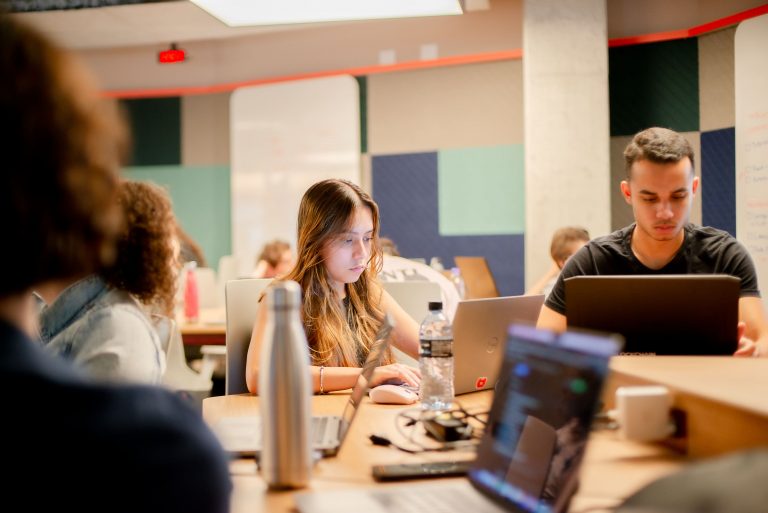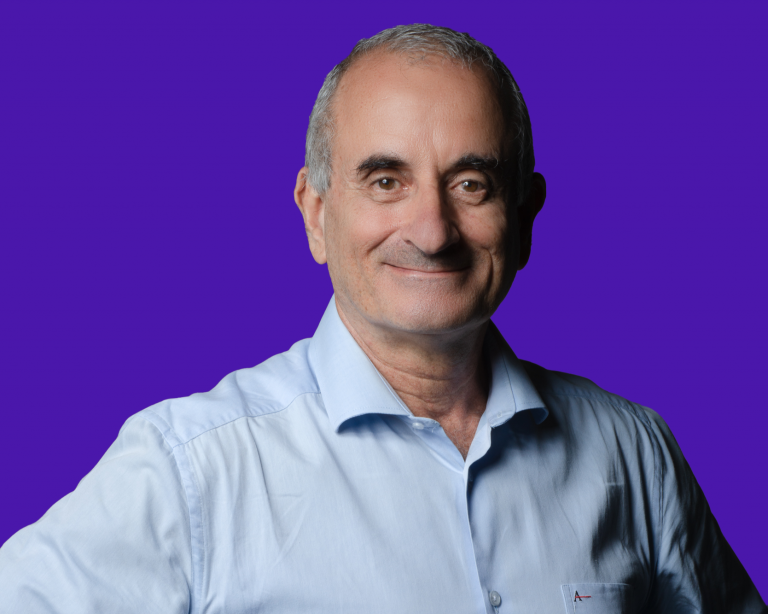One day you're in high school, the next you're a young person eager to change the world. See how our students are coping with this transition.
Going to university is a process of great adjustment. For the first time, you have the freedom to choose what you want to study. For some, it involves living alone and being away from family, or facing the challenge of living in another city with completely different people. "Most young people deal with a lot of expectations during this transition process. This radical change can be incredible and frustrating at the same time," says Alexandre Teófilo, career coach at Inteli.
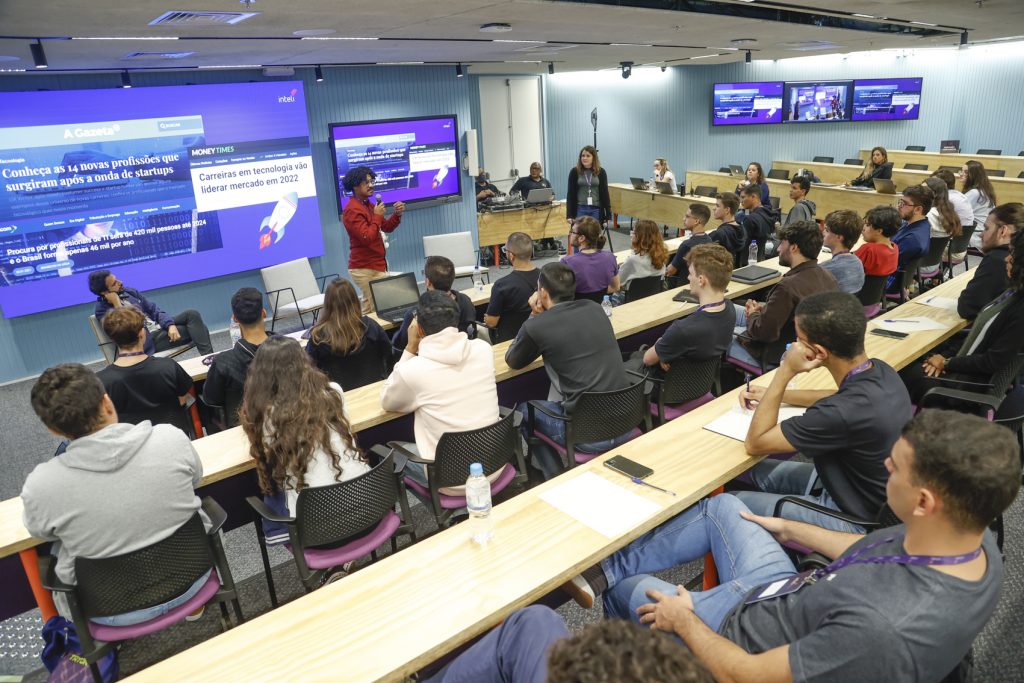
On top of all this, the first Inteli class is adapting to a project-based teaching methodology that demands a completely different attitude from the students. So how do you do it?
Adapting to a new way of studying
In the project-based teaching methodology, teachers select study materials according to the subjects covered in the Module, and it's up to the student to study the theory individually. Then, in the classroom and through active teaching and learning methodologies, it's time to meet specialist teachers to ask questions. Finally, all the learning is put into practice to work in groups to build projects. "The self-study routine requires organization. You have to create a culture of sitting down, reading and not leaving activities to the last minute," explains Alexandre.
Mateus Rafael, from the Computer Science class, agrees that the first few weeks were more difficult precisely because he was used to the traditional teaching model. "But this has developed a lot of autonomy for me and the other students, because we have the freedom to study the way we feel best and without a rigid model of absorbing information. We have articles, news stories, videos and many other sources of content available for classes," he says.
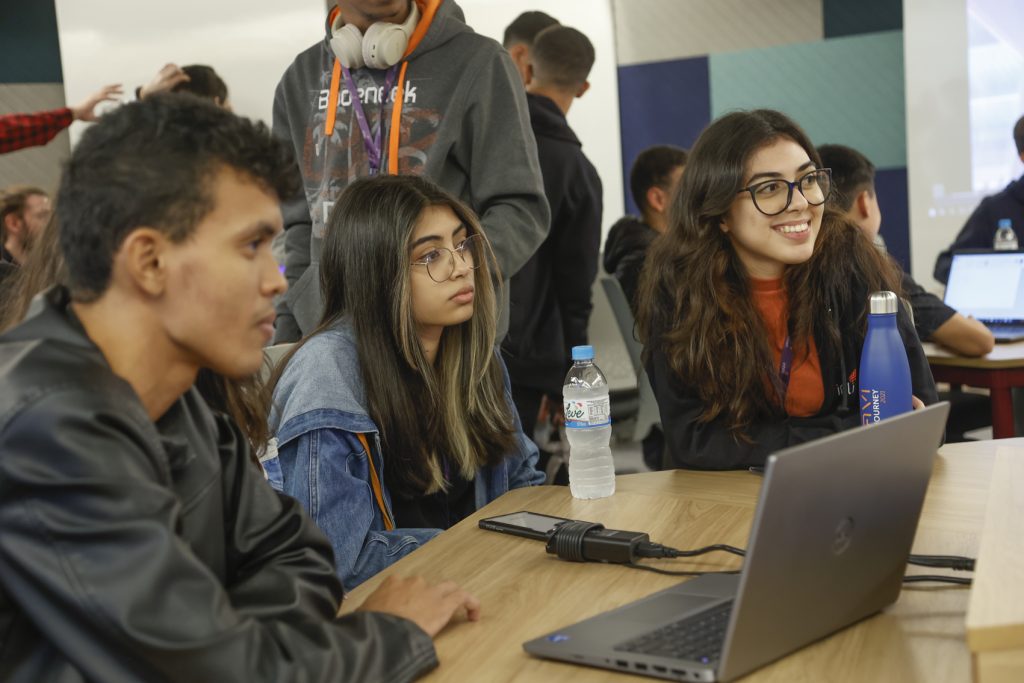
Calm down, you're not alone!
One of the pillars of Inteli's Leadership Development Center is the well-being of the students. There is a concern to help them adapt to their new life routine. "We assume that this young person has many spheres: son, boyfriend, friend. And it's essential to ensure that all these identities are in balance," says Raj Rani, Head of CDL.
In the first term, the students are facing a lot at the same time, such as returning to face-to-face teaching after a long period of social restriction. For the time being, the CDL's focus has been on holding dialogue circles and individual welcoming sessions as a listening channel. "With this, the students realize that we are genuinely concerned about them here," says Raj.
"The individual coach was fundamental to having someone to listen to and advise me, especially now that there are a lot of changes going on in my life. It's admirable to see how Inteli really cares about the students and our complete education," says Allan dos Santos Casado, 17, from the Computer Science class.
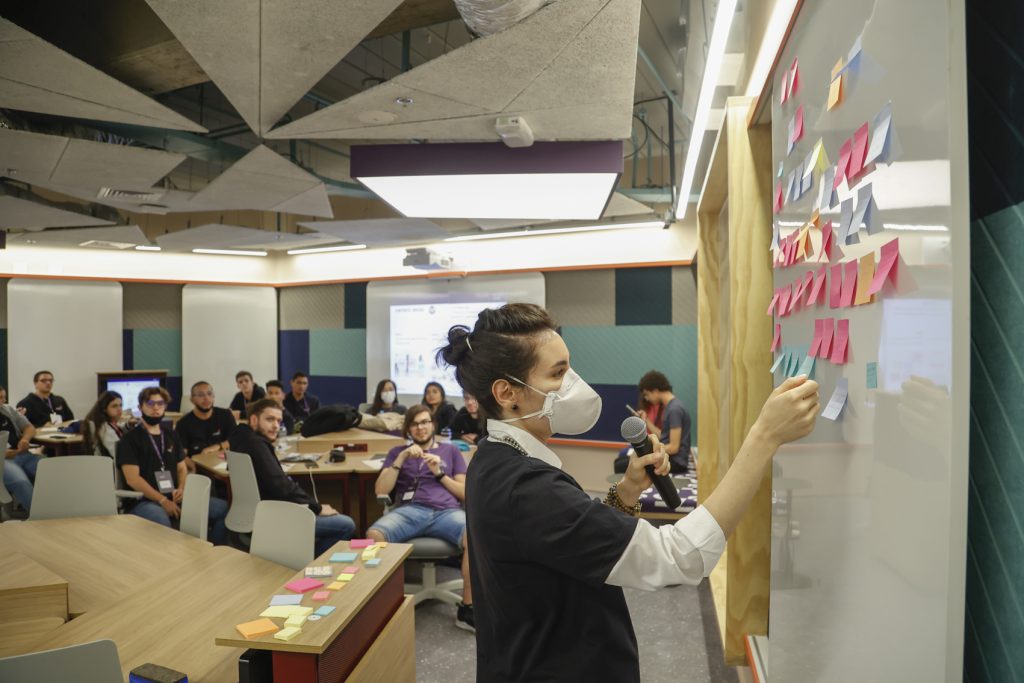
Thainá de Deus Lima, a 17-year-old Information Systems student from Vitória da Conquista, Bahia, felt that all these changes were causing her to feel discouraged and restless from Sunday to Sunday. "The coach's tips in an individual conversation helped me realize how important it is to stop and develop other activities that cause relaxation and pleasure."
Spaces that welcome
Another distinguishing feature of Inteli is the campus, which has been designed exactly as a light and welcoming environment to promote the well-being and health of students. There are 14 living areas in 2km² of green space. The project's premise is accessibility, with a differentiated infrastructure that includes a health and wellness center, an open gym, a wellness and yoga room, a psycho-emotional support center and a games space.
Finally, Alexandre says that at lunchtime he always leaves an empty chair, as an invitation for students to feel free to come to him. "We're here to ensure that everyone can make smooth transitions, both from high school to college and from college to the job market."


